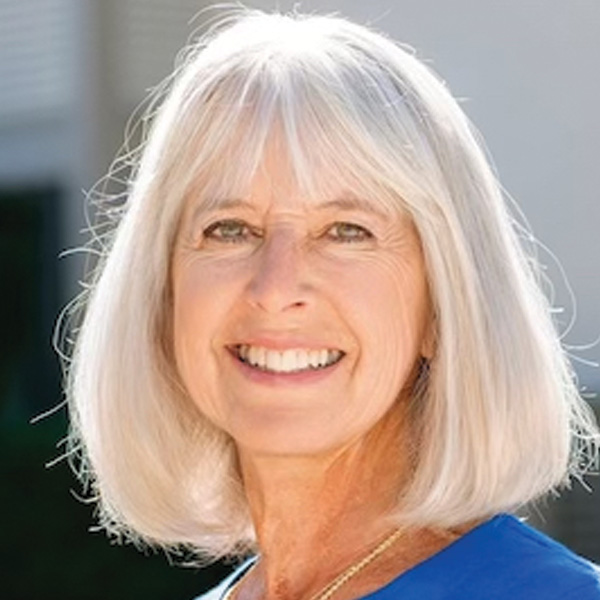by Karin Ash
Applying to Mechanical Engineering Programs: Graduate School Admissions Overview
Mechanical Engineering has been labeled as the liberal arts of engineering because it is such a broad field that can result in a wealth of career paths. A few examples of areas entered by program graduates include product design, or structural engineering, construction management, clean energy, aerospace, robotics, and machine learning. Do you want to develop the latest healthcare product or application? Design a rocket, ship, or electric car? Do you want to design tools to sustain our planet?
What are mechanical engineering programs looking for?
You will need a diverse skill set to work in mechanical engineering. Highly ranked schools seek applicants with:
- The ability to analyze and think critically – conducting analyses to uncover the best solution among multiple possibilities for a particular problem
- Creativity – finding answers that are not obvious; thinking differently to come up with original ideas and to create new products
- Aptitude for mathematics – trigonometry, calculus, algebra, and geometry are often used in solving problems and improving systems
- Communication and team skills – you are rarely working alone and are often required to communicate with collaborating teams and with clients
How to show that you have what it takes
You can show evidence of having these skills through:
- A well-written resume that offers examples of class and internship or full-time work accomplishments relevant to mechanical engineering
- A statement of purpose (SOP) that clearly defines your goals, outlines your experience that prepares you to accomplish them, and states how this particular program will bridge the gap between where you are today and where you want to go in the future professionally
- Compelling letters of recommendation
It is important to have a proven record of academic success in mechanical engineering, whether that is through upper division classes, class projects, internships, or full-time job responsibilities. In addition, your SOP should reflect an eagerness for mechanical engineering beyond the typical, as well as letters of reference written by a professor or work supervisor that offer specific examples of accomplishments in the field.
To find the right school that fits your profile, it is important to research the curriculum to determine if your interests are reflected in the coursework and in the faculty research. Also, search for schools where your GRE score and GPA are above average for the recently admitted class’s profile. While you may aspire to a top 10 school, there are many excellent programs in the top 50 where you can accumulate experience and receive an education that will ensure a successful career.
Want to put together the best application possible? Let the admissions experts at Accepted assist you with whatever you need. From resume review to essay editing to interview prep and more, we’re here to help get you accepted to the graduate program that is right for you!
[xyz-ihs snippet=”GRAD–SR–Masters-Engineering-Programs”]
[xyz-ihs snippet=”Signature-Code-Karin-Ash”]
Related Resources:
• Fitting In & Standing Out: the Paradox at the Heart of Admissions, a free guide
• Society of Women Engineers: The Community for Women in Engineering, a podcast episode
• Applying to Graduate Engineering Programs: What You Need to Know


